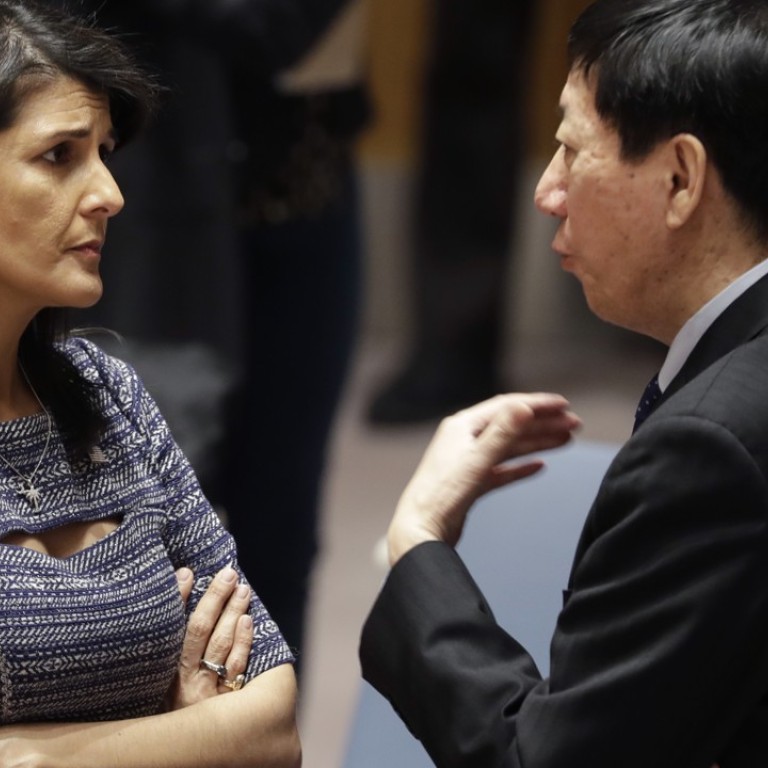
Is a full oil embargo against North Korea even possible?
A total cutoff on exports to North Korea could lead to regime collapse in Pyongyang – something Beijing fears more than a nuclear-armed neighbour
Oil has been an important factor in several wars in the modern era.
The US oil embargo against Japan in 1941 led to a Japanese strategic decision that included the attack on Pearl Harbour. Many critics of the US-led invasion of Iraq in 2003 allege the conflict was chiefly about the control of oil supplies.
Washington and Pyongyang appear to be on course for a military clash that could easily escalate into a conflagration endangering the 25 million residents of greater Seoul, which North Korea has repeatedly threatened to destroy if it is attacked. Even if it cannot yet deliver a nuclear weapon, Pyongyang has thousands of artillery guns and rocket launchers close enough to strike Seoul.
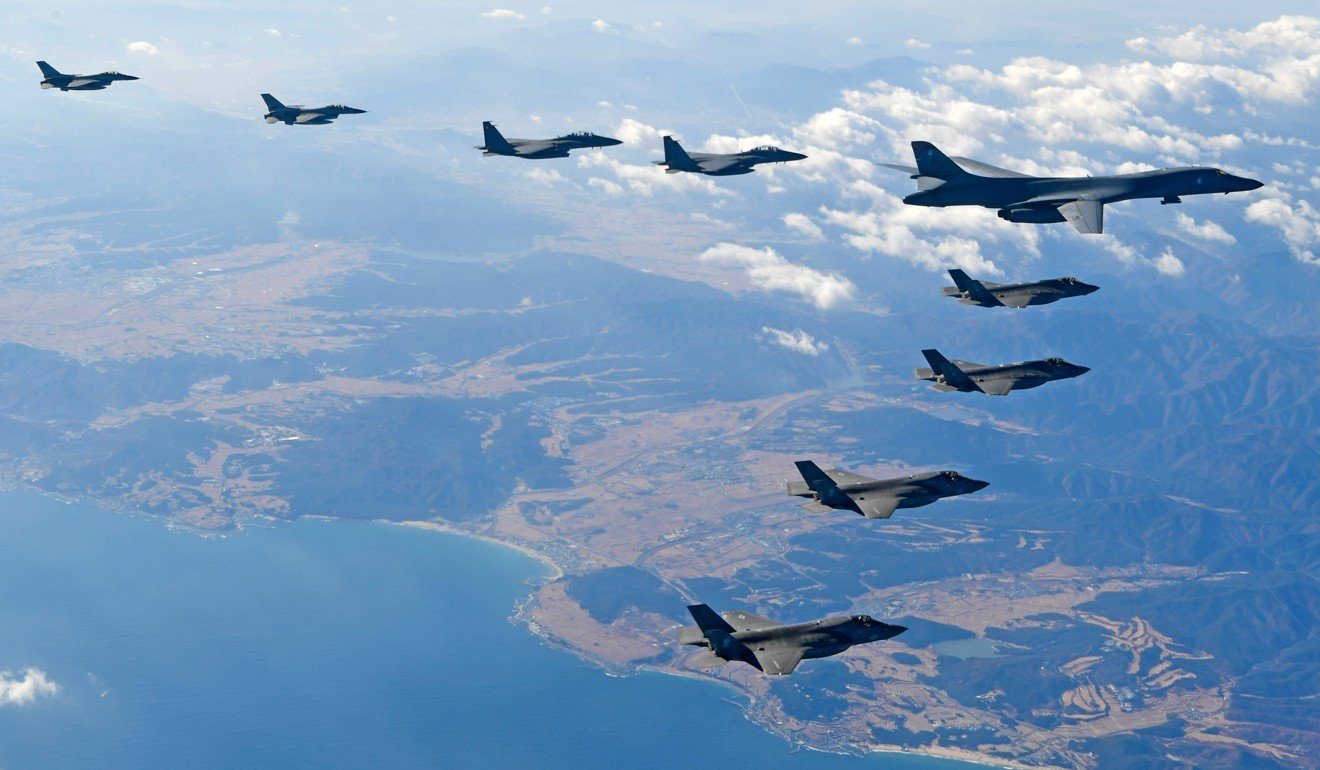
Senior Trump administration officials have said the United States will not allow North Korea to acquire a nuclear missile capability, and will resort to a pre-emptive military strike if necessary. But despite these warnings, along with years of punitive sanctions and isolation, Pyongyang seems committed to getting that capability and is perhaps only one or two years away from success.
Oil now emerges as the element that seemingly might, ironically, douse the flame of rising tensions.
What happens to Chinese oil if US-North Korea war erupts?
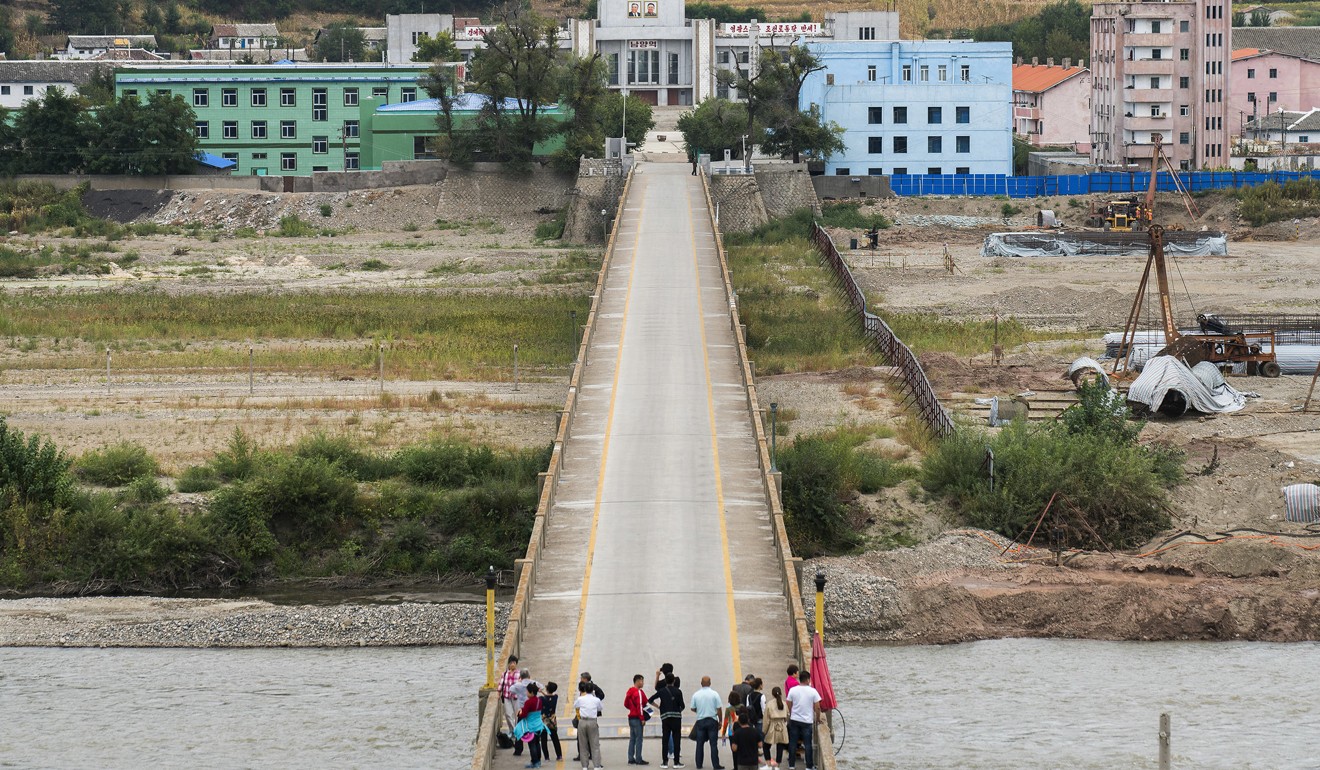
Hence the impact of last month’s report in South Korea’s Chosun Ilbo newspaper that Chinese-operated ships have been surreptitiously transferring oil to North Korean tanker vessels in the Yellow Sea. US President Donald Trump’s response in a tweet was revealing.
“Caught RED HANDED,” Trump wrote, “very disappointed that China is allowing oil to go into North Korea.”
Trump implied the Chinese government was knowingly breaking its sanctions commitment, not allowing for the possibility of unauthorised smuggling. More significant was the next part of the tweet: “There will never be a friendly solution to the North Korea problem if this continues to happen!” This reprised Trump’s long-held position that China can and should solve the North Korea crisis by using its influence to force the Kim regime to stop working on a nuclear missile.
The implication was clear: if China fails to withhold oil and thereby fails to change Pyongyang’s policy, Washington will implement a solution that is not “friendly”. Presumably that means US military action to destroy nuclear and missile-related facilities in North Korea, over the objection of Beijing (and probably ally Seoul also).
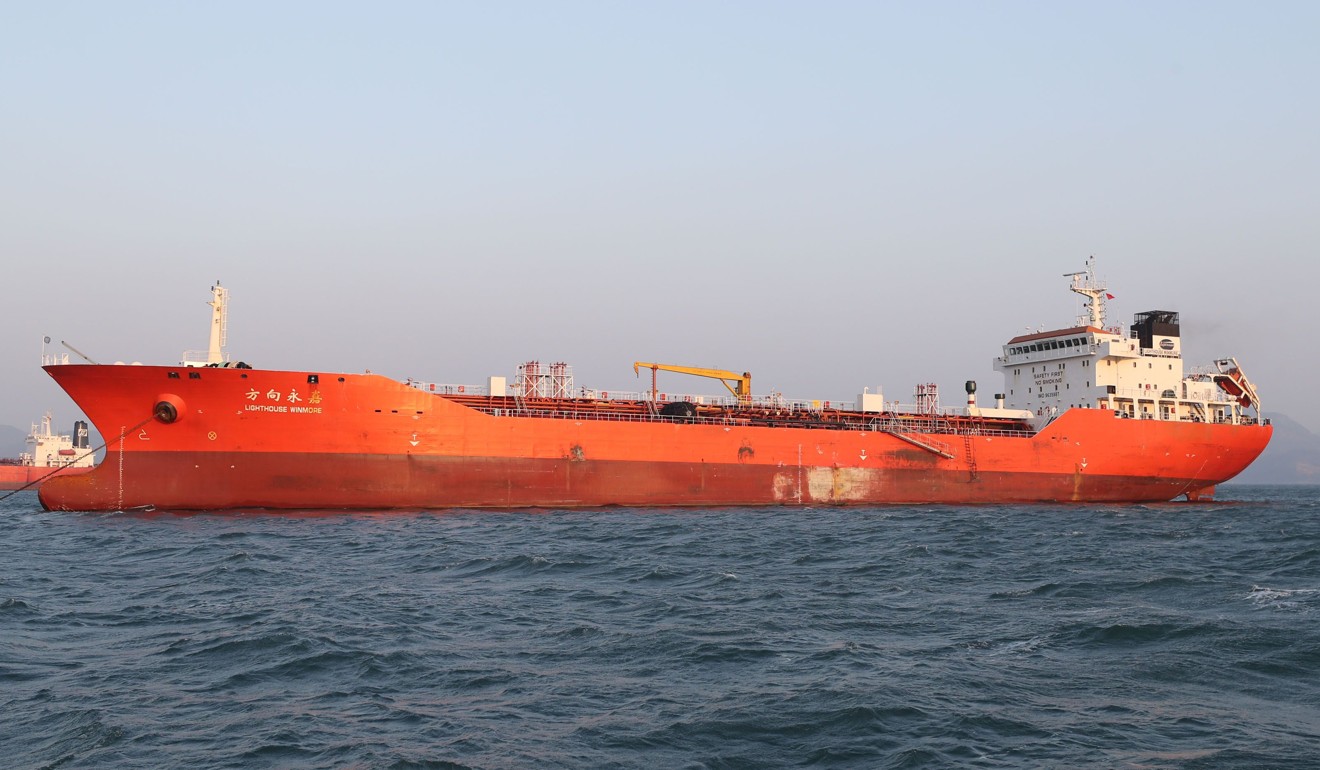
Unfortunately, a Chinese-enforced oil embargo as a solution to the crisis is a false hope. To begin with, the international community has waited too long to move towards playing the oil card. The September 2017 sanctions approved by the UN Security Council, commonly oversimplified in media reports as a ban or cutoff of oil exports, actually only called for a 30 per cent reduction of oil supplies to North Korea. The US government had advocated a full embargo, but as usual the Chinese and Russian delegations insisted on weaker restrictions.
If North Korea was still many years away from fielding a working nuclear missile, a sustained oil embargo might have a decisive effect on Pyongyang’s strategic calculations. But because North Korean technicians are only months away from achieving their goal (as evidenced by the results of nuclear and missile tests measurable by outsiders), even Chinese assent to a total cutoff would not force Pyongyang into submission.
Why now’s not the time for an oil embargo on North Korea
North Korea has a strategic reserve of oil and could stretch out this supply by giving priority to top national security programmes. As the Chosun Ilbo report suggests, we can expect continued sanctions leakage through illicit Chinese-North Korean oil smuggling. Russia, as well, would probably help the North Koreans circumvent an oil embargo. There is simply not enough time now for even very harsh sanctions to deter the North Koreans from finishing what they started.
Furthermore, it is unlikely China will ever agree to a full, sustained oil embargo even when it becomes clear the North Koreans are on the verge of deploying a nuclear-tipped missile.
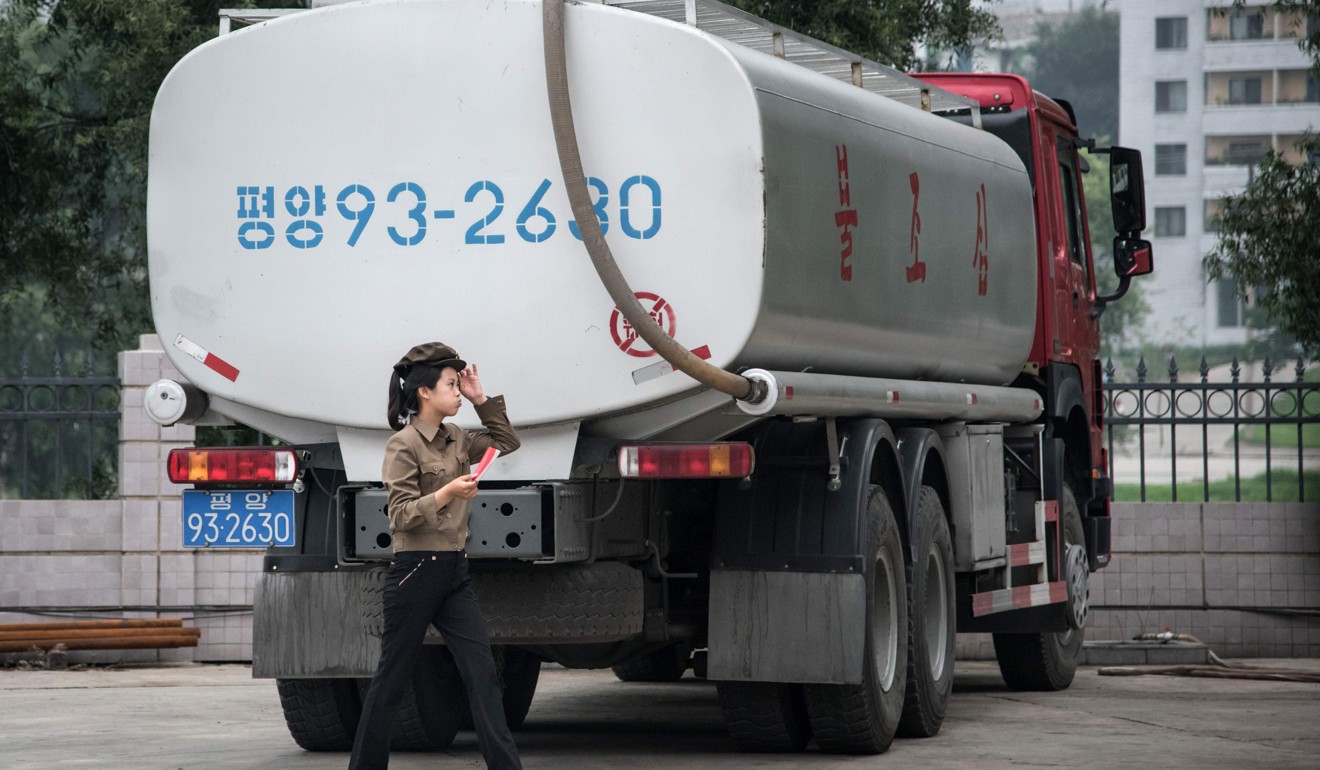
The Chinese commonly make three arguments against a total oil embargo. The first is “humanitarian concerns”. Tough sanctions would mostly hurt ordinary citizens, so extreme sanctions of any kind would be immoral. The second argument is that China only has leverage over Pyongyang if the Chinese supply crucial resources. Totally halting that supply would remove any North Korean incentive to pay attention to Beijing’s wishes. Third, an oil cutoff would impose such dramatic hardship on North Korea as to risk causing a collapse of the regime, which the Chinese desperately hope to avoid.
Why the North Korea nuclear crisis will return with a vengeance
The oil issue encapsulates the essence of the problem: any pressure strong enough to force Pyongyang to give up its nuclear missile aspiration would necessarily also risk causing regime collapse; therefore China will never impose such pressure, because China fears regime collapse more than it fears Pyongyang getting nuclear weapons. ■
Denny Roy is a senior fellow at the East-West Center in Honolulu, Hawaii

